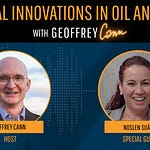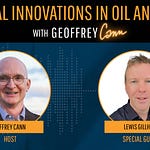Turnarounds, shutdowns and outages in heavy industry are key processes for keeping industrial infrastructure running at peak performance. Some plants, such as oil refineries, will plan and execute annual turnarounds, during which time accumulated work orders are tackled, substantial repairs or upgrades are executed, and regular maintenance activities are executed. LNG facilities, which are processing a much simpler and cleaner commodity (natural gas), might only experience a turnaround every few years.
Outages can be both planned and unplanned. A planned outage is carefully scheduled so that teams can carry out routine maintenance or equipment inspections. Unplanned outages, which can be caused by fires, equipment failure, or even intense storms, require a more urgent, unplanned and more costly response.
The execution of these key processes (shutdowns, turnarounds, and outages or STO) is very different from normal operations. The workforce for STO is often contingent. Work planning is more demanding. Scheduling and coordination takes on a greater priority. The costs for STO can be exceptionally high, particularly considering the cost of lost production.
Needless to say, STO attracts specialized firms that focus on bringing best in class processes and practices to assist industrial companies improve their STO execution. It turns out there are a handful of key strategies that the best in class follow that distinguishes their performance.
In this interview, I speak with Ross Coulman, the Managing Director at IAMTech, a company at the forefront of innovative asset management and technology solutions.
For over twenty years, Ross has been leading the industry in simplifying complex industrial processes through cutting-edge technology and software solutions. His hands-on approach and deep understanding of the operational challenges faced by these sectors originated years ago when he first joined an industrial company on a temporary assignment, only to discover the extraordinary level of waste and inefficiency that can plague the industrial asset owner.
Ross shares the top five key lessons that distinguish the best from the rest when it comes to STO, the lessons are not that obvious, and the best in the world are not based in the OECD.
Ross is a regular speaker at industry conferences and events, where he shares insights on the future of asset management, digital transformation, and the importance of sustainable industrial practices.













Share this post